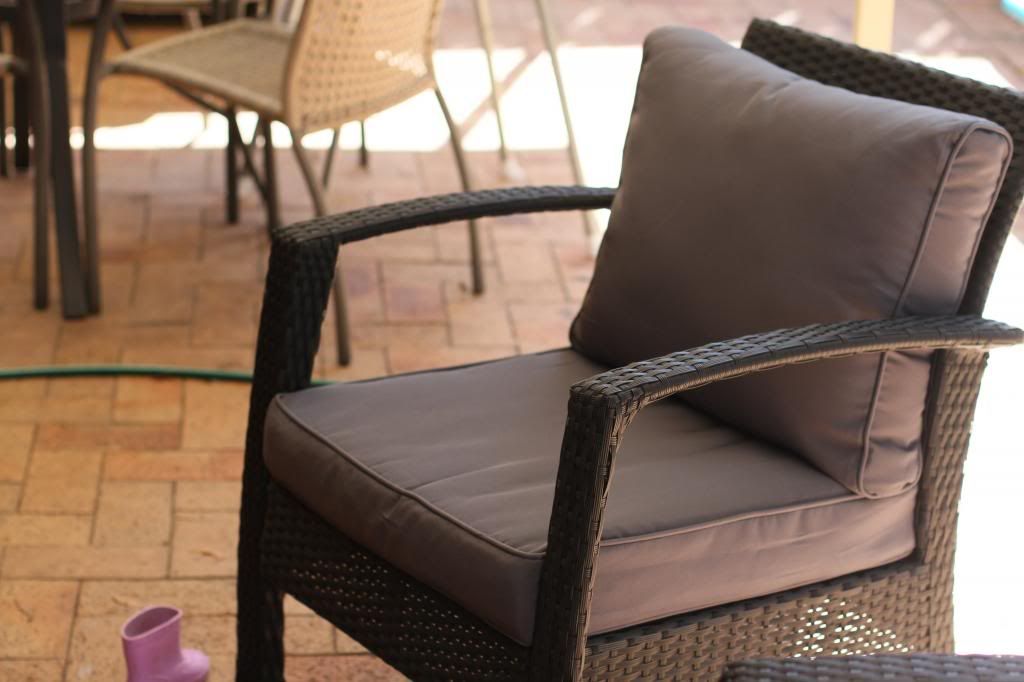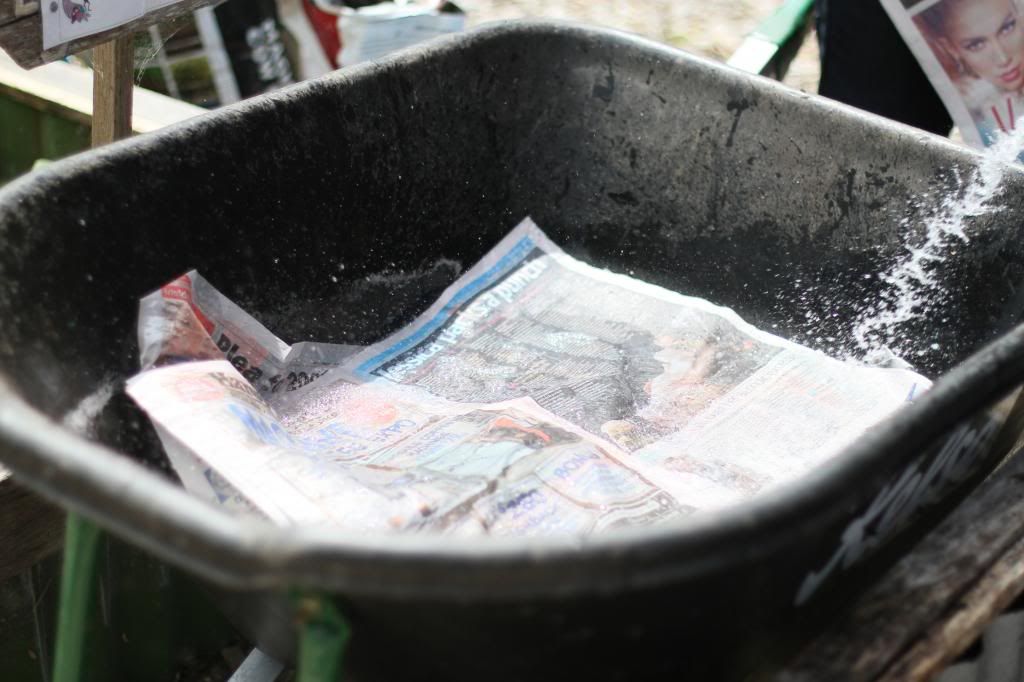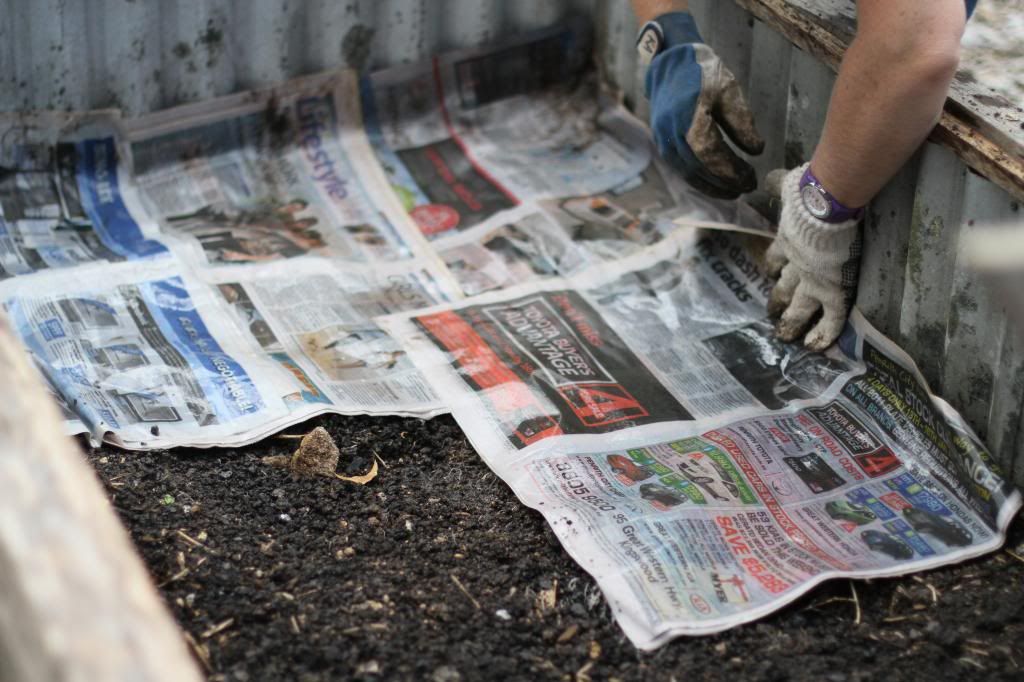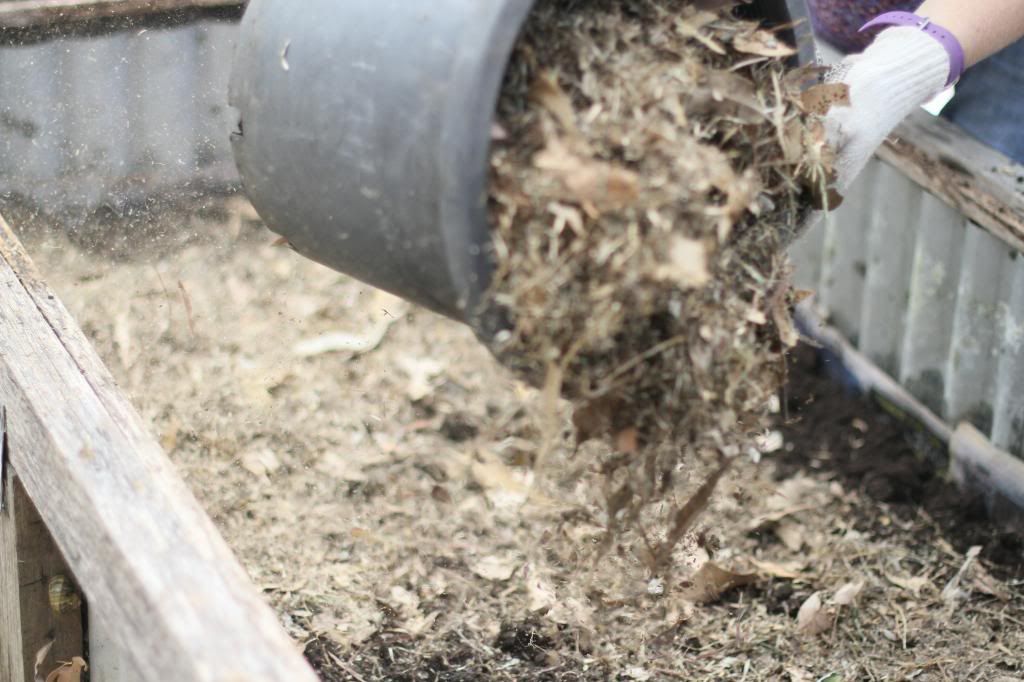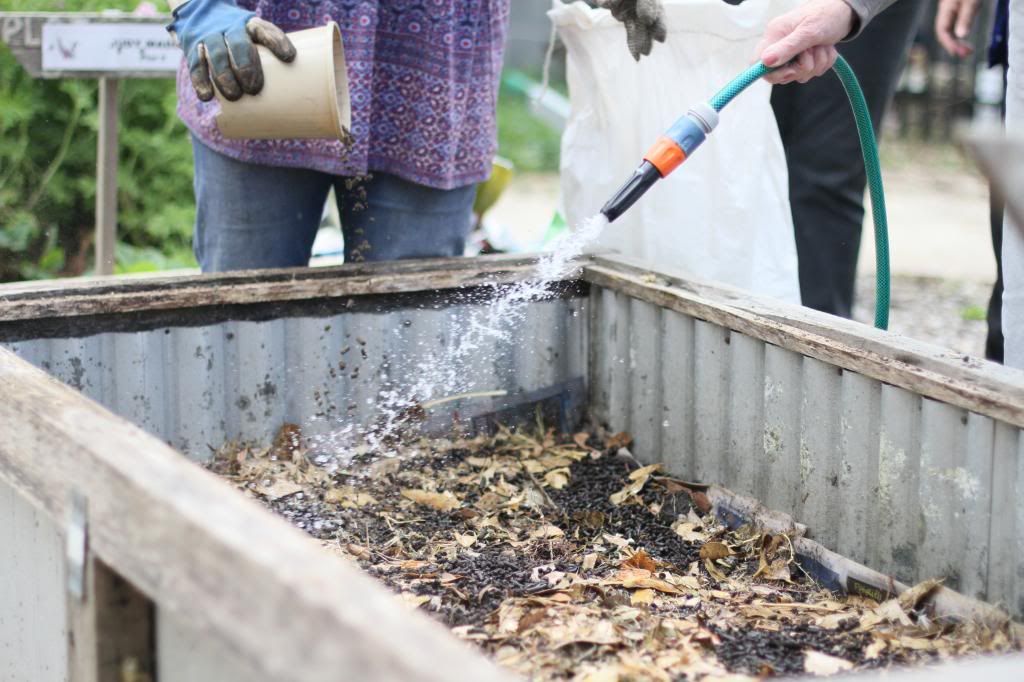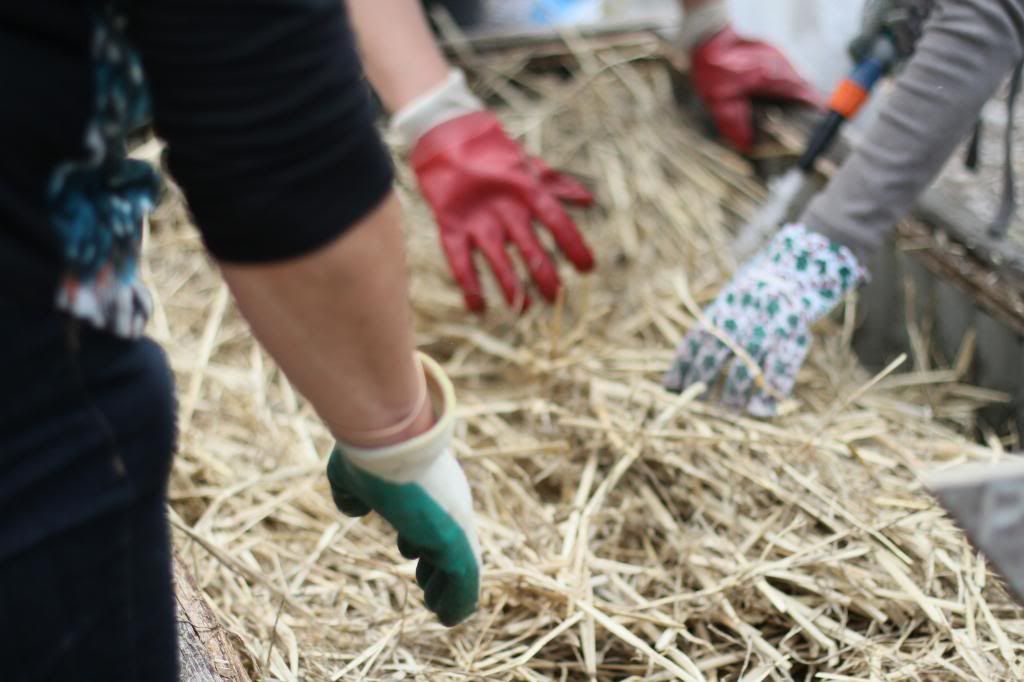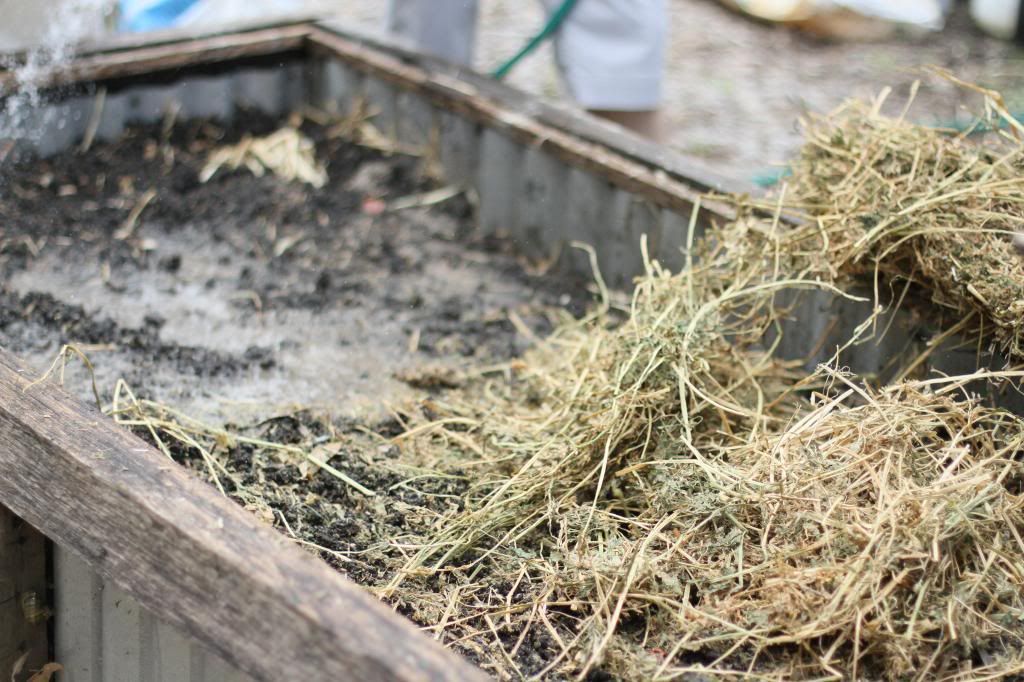Have you ever had one of those moments in life where your heart and mind are open at
exactly the same time that a message you need to hear is being spoken? I did, a couple of weeks ago. I went along to a two-day Organic Gardening course held at my local neighborhood centre. Which is funny, because I'm not a neighborhood centre kind of gal (whatever that is). And lately I'll make any excuse (thanks for the help with that, kids!) to avoid social situations. But, I really, really wanted to learn this stuff. So I paid my five bucks per day, threw a coffee mug in my basket, and went to spend some time, solo.
But my 'alone time' turned into meeting some wonderful, like-minded people. Discovering what my mind is
like. Realising that my niggling feelings about going organic and making choices about our food based on season and locality aren't just following a trend. Permaculture and organic gardening are deeply rooted in tradition, methods tried and tested over many years. When we discussed companion planting, my mind wandered to the rambling vine of orange flowers over the back fence of my now-elderly grandparent's place...nasturtiums! My pop used to grow all manner of geraniums, too.

Our beautiful teacher was Kerrie, an ex-nurse, whose interest in the whole wellbeing of people led her on a path which now sees her teaching Permaculture at the nearby TAFE, and working in outreach courses for young adults with disabilities. A real good human. At no point did I feel alarmed or fearful about the state of the world, or the the food that we eat, but felt gently guided to understand that any step you take to eat clean, is a great step forward. Kerrie taught us about general companion planting for pest and weed reduction and we talked about our dreams for our gardens. As students, we ranged from container gardening on a patio, to volunteering in the local community garden, to getting ready to plant out a whole acre in veg. Kerrie made us delicious tea, herbs from her garden steeped for a little while. Give fennel and oregano (not together) a go- sounds odd, but you will like it!

When I came home, I realised that this was just the beginning. I sent Kerrie some questions, and she very kindly answered them, and allowed me to share them here, along with photos from the day. Next week, I will share a step-by-step how to for a no-dig garden. We are going to create two little no-dig beds over the weekend at our house, following the method I learned at the course. For now, enjoy Kerrie's beautiful words of wisdom about gardening, permaculture, and living a sustainable life.
S. Would you explain the key philosophy of permaculture?
K. Permaculture is a philosophy and design system for living sustainably,
based on a set of ethics and principles.
It is a holistic approach to sustainability, that encompasses all
aspects of life from agriculture, to house design to food choices, and so much
more.
S. How
does permaculture influence other aspects of your life?
K. Whenever
making key decisions in my life, I always refer back to the three ethics of
permaculture; earth care, people care and fair share. While the ethics sound simple, they are
pivotal in living life consciously and sustainably. Permaculture also has a strong impulse
embedded in “seeing solutions not problems”.
It is all about empowering people with knowledge and tools to make a
positive difference in the world, starting in your own immediate sphere of
influence, in other words “Think Global, Act Local”.
S. What
are some simple things we can all change or do, to make for a more sustainable
life?
K. There are
so many things we can all do to live more sustainably...so where to start? Permaculture emphasises an approach of
starting small, and making small meaningful changes. Celebrate all positive change, make it a
habit, then move on to the next thing.
“Work where it counts”.
One key
area I am particularly passionate about is local food production. Nearly 40% of our ecological footprint is
food production, so if we move to re-localising our food supply, we can make a
huge reduction on our impact on the earth in just this one key aspect of our
lives. Grow a few herbs and veggies, join
a community garden, sign up at the local food co-op, shop at the local farmer's
markets...just a few of the things we can do to reduce our “food miles”.
S. If you
could teach everyone just one thing about gardening, what would it be?
K. Observation! Or as we say in permaculture, observe don't
react. Take time to really observe what
is going on. Nature is wonderful, and
has all the answers, if we will just take the time to watch and learn. The pest that suddenly seems to be a problem,
is maybe coming into balance with a predatory insect increasing it's population
in response.
Have you met a really good human lately, a real teacher in your life? How is your garden growing?



















